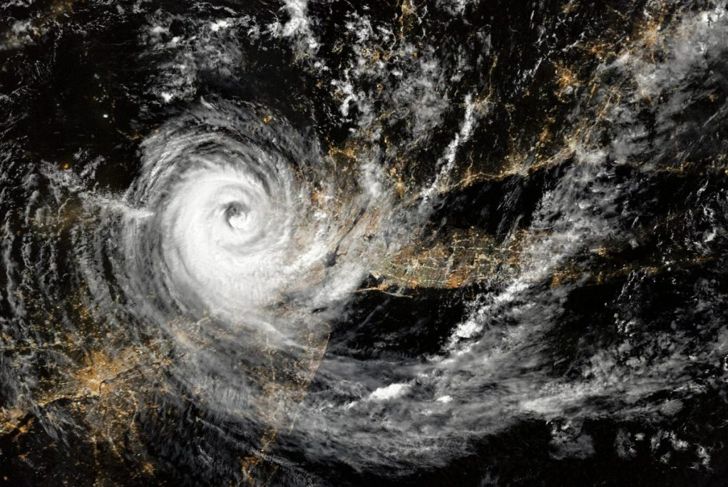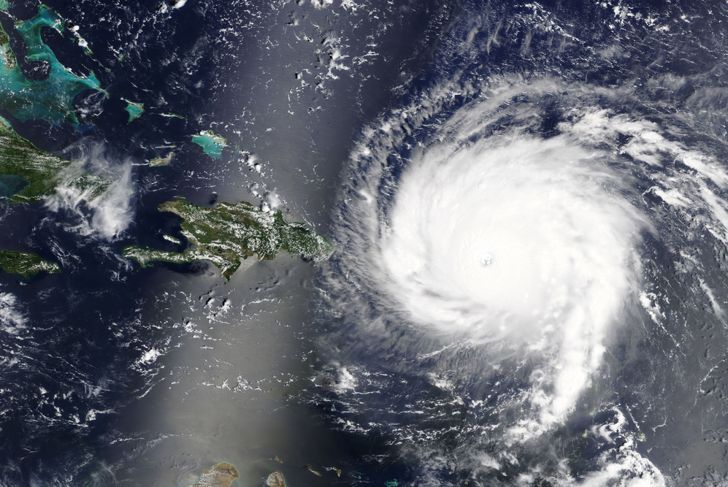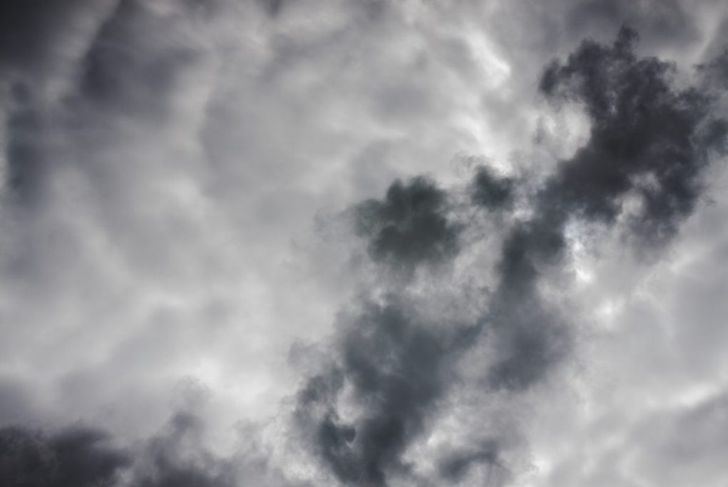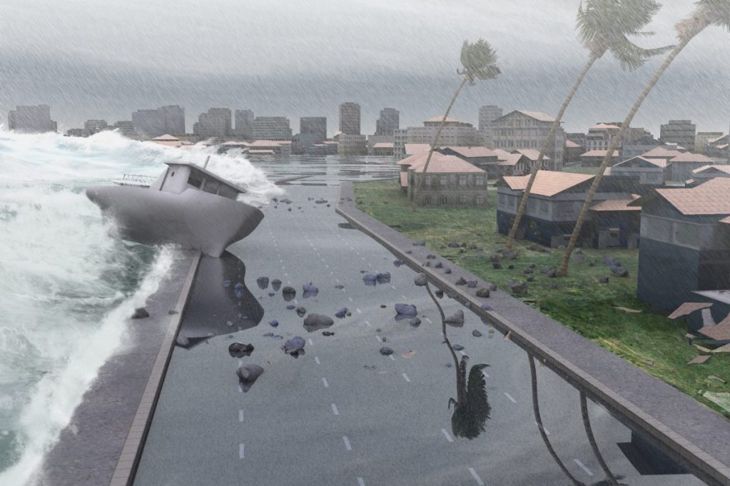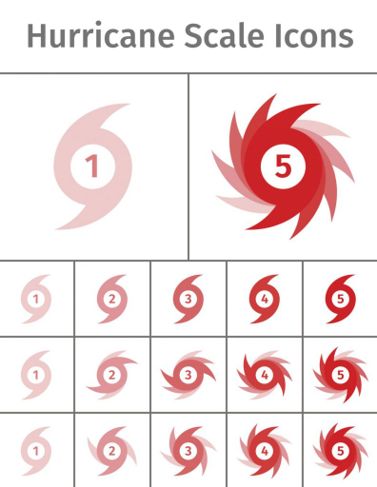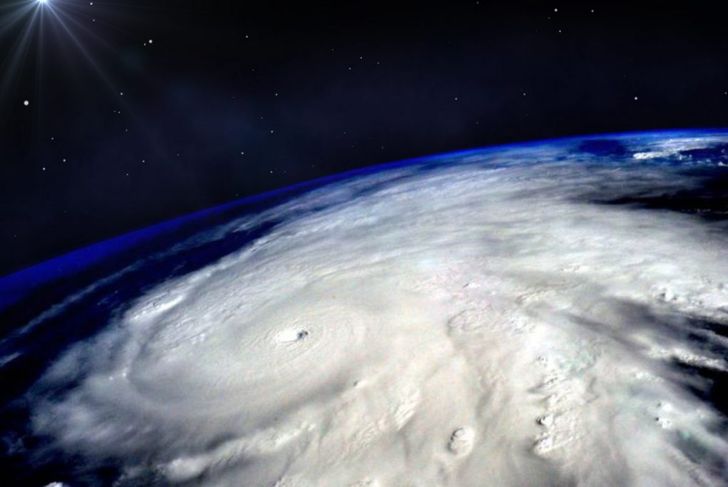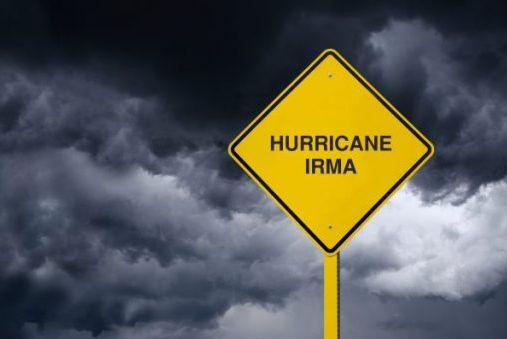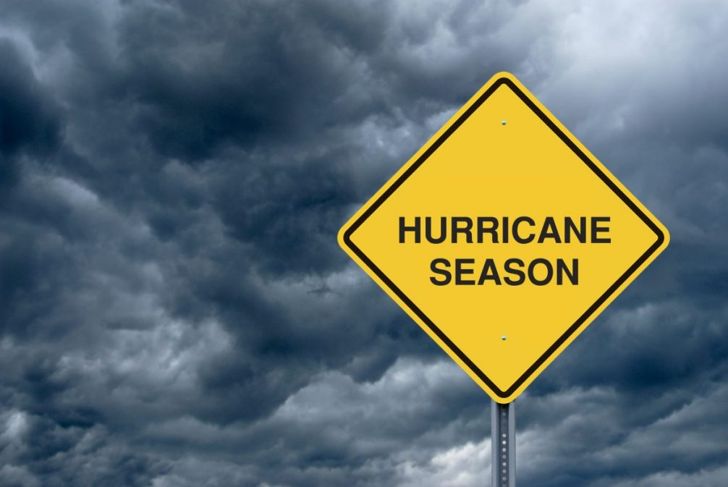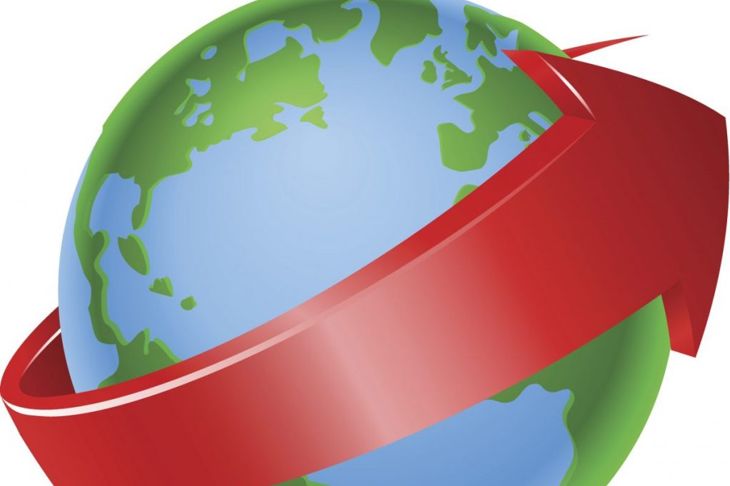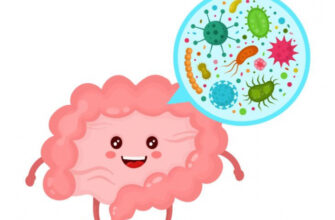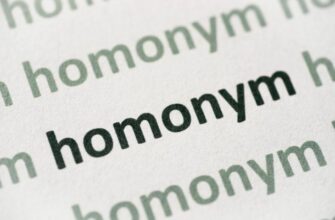Oh no! Another hurricane watch or warning somewhere in the country. If you’ve been paying attention to the weather, you know that hurricanes are huge storms that can damage towns and cities on the coasts or islands. But you may be wondering how hurricanes form and why they are so damaging. These storms are the most powerful storms on Earth and can cause widespread destruction and death when they make landfall. The science behind these gigantic storms is fascinating and understanding how and why they grow is important to predict whether they will be destructive or if they will stay out at sea.
Are Hurricanes called Tropical Cyclones?
If you’ve heard about big storms in other parts of the world, you may be wondering why they don’t call them hurricanes. The word, “hurricane,” is used for storms that are local to the North Atlantic and North Pacific Oceans, east of the dateline. It is also used in the eastern parts of the South Pacific Ocean as well. Scientists call hurricanes tropical cyclones which is their standardized name across the world.
Other Regional Names for Hurricanes
Hurricanes have other names in different parts of the world. Typhoons are hurricanes in the Northwest Pacific Ocean on the west side of the dateline. In the Southwest Pacific Ocean and the Southeast Indian Ocean, hurricanes are called Category 3 cyclones and above or severe tropical cyclones. Hurricanes in the North Indian Ocean, they are called very severe cyclonic storms. In the Southwest Indian Ocean, they are referred to as tropical cyclones.
How Do Hurricanes Form?
No matter what you call them, hurricanes form near the equator. They start as tropical disturbances that are caused by moist, warm air which rises from the warm ocean. As the warm air rises, it creates low pressure near the surface of the ocean. Cooler air rushes toward the low-pressure center and is warmed by the ocean. The warm air starts spinning as it rises, and as it cools, it forms clouds. The cooler air gets sucked back down into the low pressure, warms, and spins upward. This action continues to feed itself as long as the pressure lowers and there is enough energy to warm the ocean.
Do Hurricanes Go Through Stages?
There are four stages that a hurricane must go through as it becomes a hurricane. A hurricane starts as a tropical disturbance. Tropical disturbances are thunderstorms and showers with little to no rotation. The tropical disturbance grows into a tropical depression. Tropical depressions are more organized tropical disturbances where they have a closed circulation and have wind speeds between 25 and 38 miles per hour. A tropical depression grows into a tropical storm when wind speeds are between 39 and 73 miles per hour. A tropical storm becomes a hurricane when it reaches wind speeds 74 miles per hour or more.
How are Hurricanes Ranked?
Hurricanes are ranked according to wind speed and the amount of damage they can cause. This scale is called the Saffir-Simpson hurricane intensity scale and is used to estimate the amount of wind damage and flooding a hurricane may cause. Up until 1990, the central pressure was used with the wind speed to determine the hurricane’s intensity, but since that time, the Saffir-Simpson hurricane intensity scale uses only wind as a metric.
What is the Ranking of Hurricanes?
Hurricanes are ranked according to wind speed in the Saffir-Simpson hurricane intensity scale from 1-5. Hurricane Categories are ranked as follows:
- 1 — wind speeds 74-95 mph
- 2 — wind speeds 96-110 mph
- 3 — wind speeds 111-129 mph
- 4 — wind speeds 130-156 mph
- 5 — wind speeds over 156 mph
Why Are Hurricanes Named?
Hurricanes are named to provide forecasters and the public the ability to differentiate between several hurricanes that might exist at any given time. The names are also used to refer to hurricanes in the past that did a lot of damage or were newsworthy in some way. By naming the hurricanes, there is less mix-up and confusion about a particular hurricane, especially if they last several days to a week or more.
How Are Hurricanes Named?
The current practice is to use both male and female names when naming hurricanes. This was not always the case. From 1953 to 1979, women’s names were only used to name hurricanes. Then from 1947 to 1952, the Air Force used the Army/Navy phonetic alphabet (Able/Alpha, Baker/Beta, Charlie, etc.) for the hurricane names. From 1944 to 1947, the Air Force named the hurricanes after the Air Force Officers’ wives.
How Did the Practice of Naming Hurricanes Start?
The first person to use names for hurricanes was an Australian forecaster in the late 1800s. His name was Clement Wragge, and he started naming the hurricanes after the Greek alphabet. When he ran out of letters, he turned to the names of common South Seas Island girl names. Wragge became angry with the Australian government when they failed to create a national weather service in Australia with him as the director, so to get the politicians back, he named the hurricanes after the politicians he disliked.
Do Hurricanes Rotate Differently in the Southern Hemisphere than the Northern Hemisphere?
Hurricanes do rotate differently in the Southern Hemisphere than in the Northern Hemisphere. In the Southern Hemisphere, they rotate clockwise, and in the Northern Hemisphere, they rotate counterclockwise. This is due to the rotation of the Earth, which causes a pull called the Coriolis force. It causes the winds to turn right in the Northern Hemisphere and left in the Southern Hemisphere. The air warms along the equator and moves toward each of the poles. But since the Earth is rotating, the wind is dragged to the right when heading north and dragged to the left when moving south.

 Home
Home Health
Health Diet & Nutrition
Diet & Nutrition Living Well
Living Well More
More